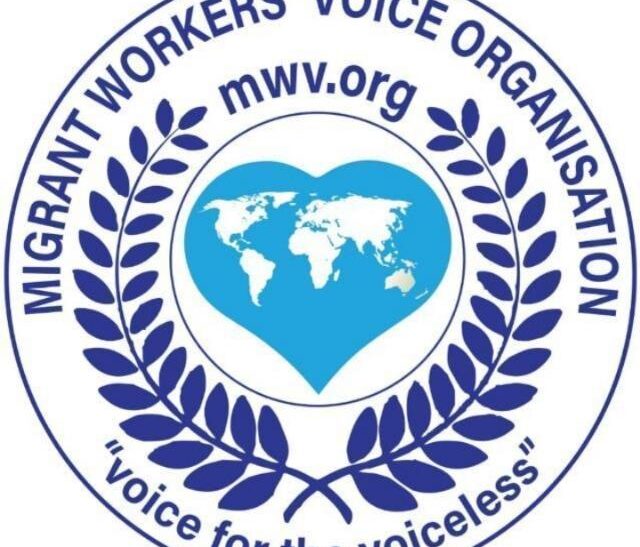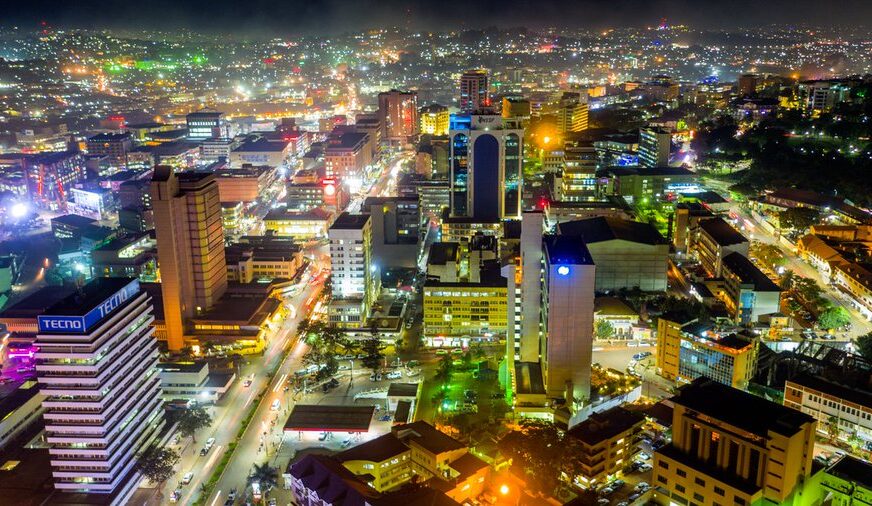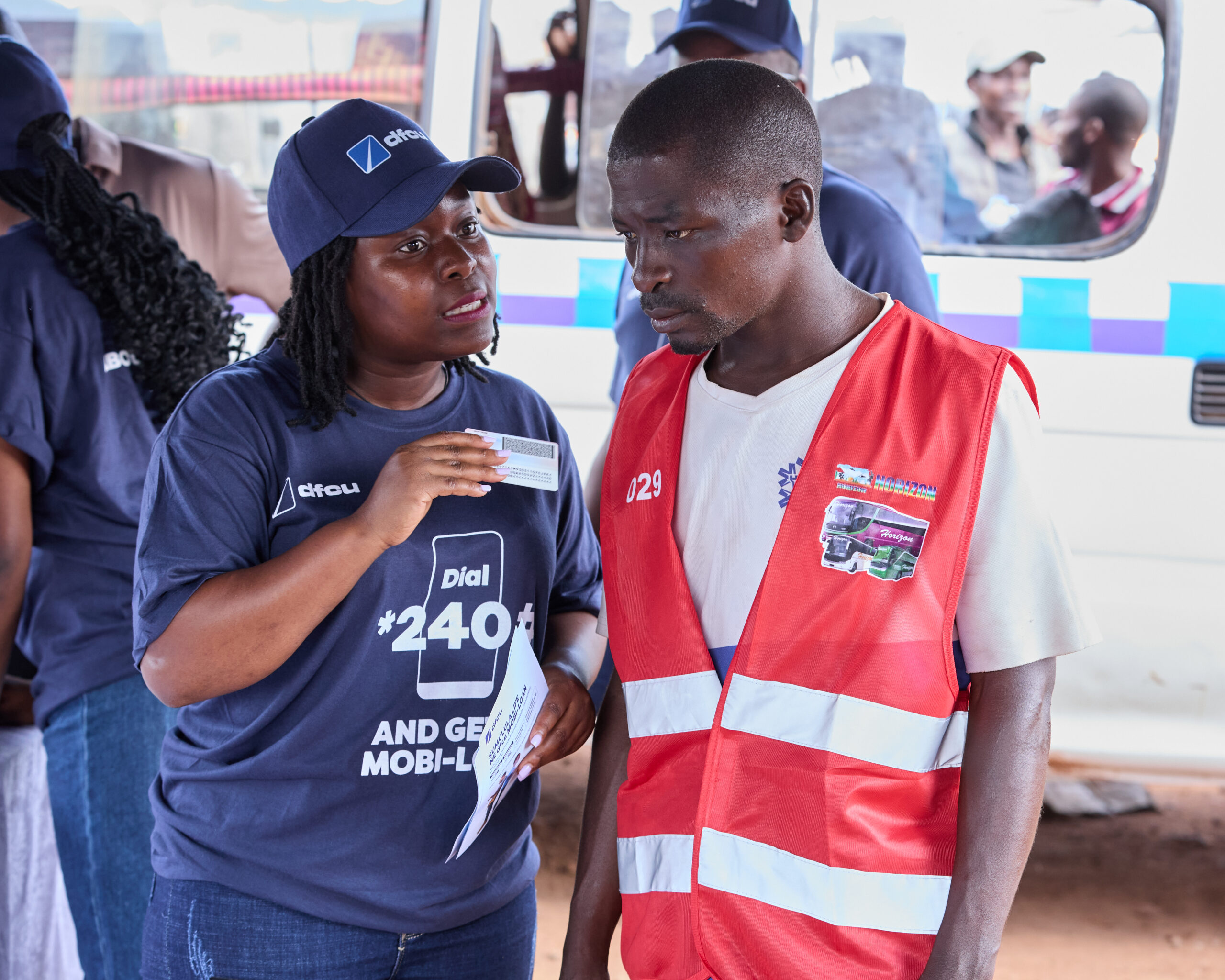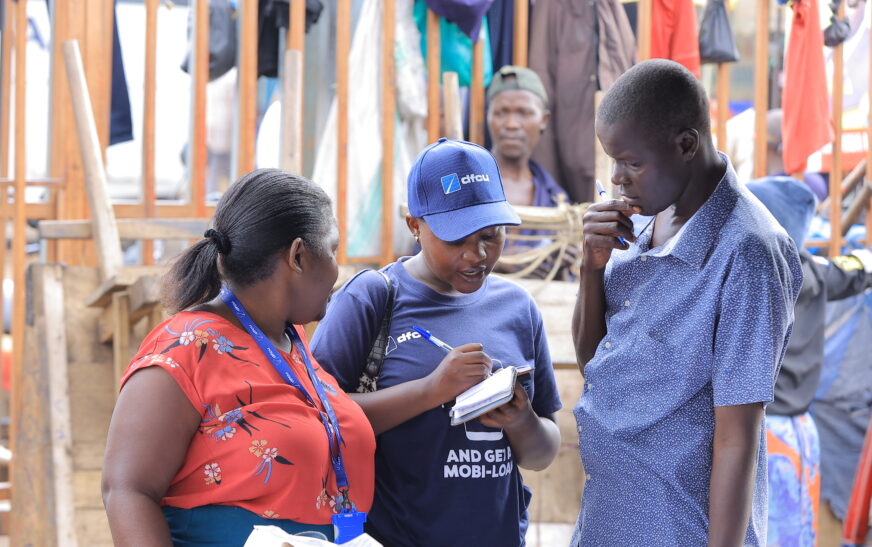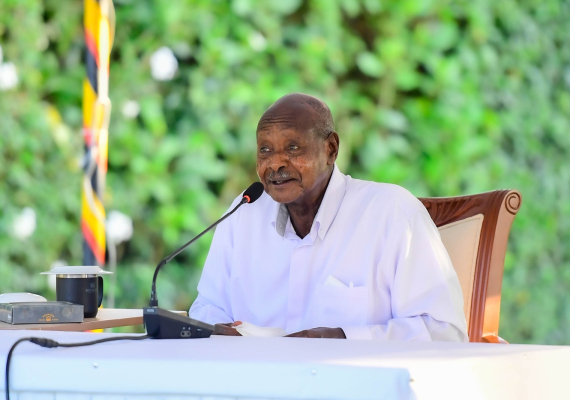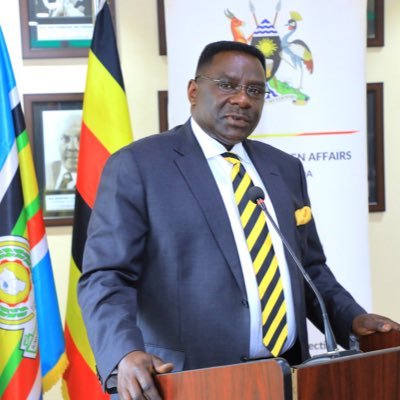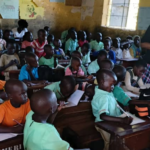As the collective voice of migrant workers, we address the recent bilateral agreement between the Governments of Uganda and the United States regarding the transfer of third-country nationals who are unable to secure asylum in the US and reluctant or unable to return to their countries of origin.
Uganda currently hosts over 2 million refugees and asylum seekers, making it one of the largest refugee-hosting countries worldwide. This population largely originates from neighboring conflict-affected countries such as the Democratic Republic of Congo and South Sudan. The continuous influx of refugees has both humanitarian and economic dimensions for Uganda, a nation balancing generosity with resource limitations.
The agreement with the US, which is temporary and conditional, aims to transfer migrants who do not have criminal records or unaccompanied minors, with a preference for African nationals. It is crucial to clarify that those transferred to Uganda under this arrangement are not deportees but asylum seekers relocated to a third country for protection. The Ugandan government’s refugee policy is among the most progressive globally, providing these individuals with protection amidst a peaceful environment, despite Uganda’s development challenges.
From a migrant worker perspective, Uganda’s willingness to provide refuge aligns with humanitarian principles and international refugee law. However, the economic implications are significant. Uganda’s economy heavily depends on remittances from Ugandans working abroad, including those in the US, contributing billions of dollars annually. The infusion of additional asylum seekers, who may not immediately contribute economically, places strains on social services, infrastructure, and employment opportunities.
Furthermore, many Ugandans living abroad migrate primarily for economic reasons, seeking better wages and employment opportunities unavailable at home. For such economic migrants, Uganda, despite its peace and openness, may not be the ideal destination if they are forced to relocate there. This underscores the need for effective policies that balance protection commitments with sustainable economic planning.
In conclusion, Uganda’s position as a host country in the US migrant transfer agreement underlines its crucial role in global migration governance and refugee protection. The agreement respects Uganda’s preferences and conditions, ensuring the protection of migrants’ rights and emphasizing collaboration on implementation details. The voices of migrant workers urge that these efforts be supported with robust economic and social frameworks to ensure dignity, protection, and integration for all migrants and refugees hosted by Uganda.
This collaboration should also highlight the shared responsibility of the international community to support countries like Uganda, which continue to bear the brunt of migration challenges with resilience and fairness.

